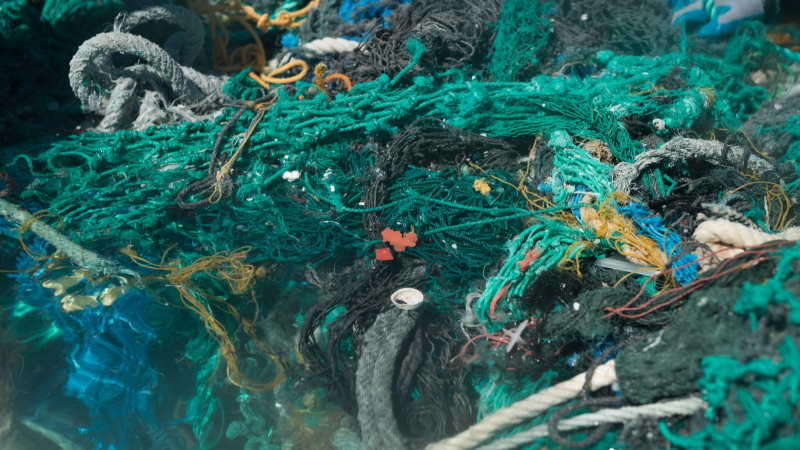
The National Oceanic and Atmospheric Administration (NOAA) Marine Debris Program is pleased to announce our Fiscal Year 2022 NOAA Marine Debris Removal notice of funding opportunity. Funding for this opportunity is provided through the Bipartisan Infrastructure Law.
The NOAA Marine Debris Program will award up to $56 million to fund projects that remove marine debris to benefit marine and Great Lakes habitats and communities. This competition focuses on two priorities: removing large marine debris and using proven interception technologies to capture marine debris throughout the coastal United States, Great Lakes, territories, and Freely Associated States.
The first priority will support partnerships for the development of large scale and high-value marine debris removal programs. These programs should focus on large marine debris, including abandoned and derelict vessels, derelict fishing gear, and other debris that is generally unable to be collected by hand. Removal partnerships are expected to be responsive to marine debris needs throughout all coastal and marine areas in the United States, including the Great Lakes, United States territories, and Freely Associated States, including within National Marine Sanctuaries and National Estuarine Research Reserves. Successful applicants are expected to have technical and administrative ability to identify, catalog, evaluate, fund, and administer such efforts through their own competitive funding programs. This is not a request for individual or localized marine debris removal projects.
The second priority of this competition focuses on implementation of proven marine debris interception technologies in coastal riverine, shoreline, estuarine, and urban environments where trash, plastics, and other persistent, reaccumulating macro-debris can be captured and removed. Successful applicants are expected to have the technical expertise to implement these technologies, navigate and comply with all regulatory requirements associated with such projects, and properly maintain these technologies once deployed.
These two priorities will be reviewed as separate, parallel tracks under this funding opportunity, and they have different application requirements. Applicants wishing to compete under both priorities must submit separate applications for each.
PLEASE NOTE: The deadline for proposals on Grants.gov has been extended to October 14, 2022, 11:59 p.m. Eastern Time. An applicant webinar providing an overview of the competition details and tips for submitting applications is now available. These materials include the webinar recording, slides, and frequently asked questions. Additional applicant guidance documents created specifically for this competition are also available.
For more information on this grant opportunity, please visit Grants.gov and the NOAA Marine Debris Program’s website.
